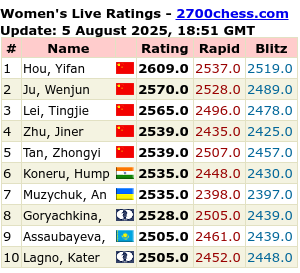Jeff Hopkins presented today on the Pacific School of Innovation and Inquiry, an independent high school he developed after feeling disgruntled with the forms of education available in the public system. Having run a school district before, he was able to navigate the bureaucratic processes required to develop an accredited institution, and the results are phenomenal. What is so great about this type of schooling?
Student Agency
He designed his school with the Strong Start program in mind, a type of schooling in which children generate their own learning opportunities in carefully curated environments. Student agency is therefore central to his model of education, and it anchored he planned for a school location, the modes of instruction, and the methods of assessment.
Located in downtown Victoria, PSII allows students to be in the hub of human activity. For Jeff, this location allows him to generate authentic learning opportunities for students. Students can participate in real community work because of their proximity to the institutions and businesses that define the working world.
Free inquiry defines the mode of instruction. Students decide themselves what they want to produce, and the teachers provide guidance and support in achieving results. The school does not run on a particular time table but shifts and changes as students plan meetings and sessions for exploring topics of interest. Central to this process are two questions: (1) what would we like to do together, and (2) what do we need to accomplish separately?

Finally, teachers provide assessment by supporting their learning goals (formative assessment) and connecting what students do to the BC curriculum. Although teachers have to provide grades, students largely drive the pace of assessment, and teachers are responsive to how students are progressing at any given moment.
Results
A big part of Jeff’s presentation focused on the results this kind of schooling has for students. Some questions pertain to accessibility and how well such forms of education fit with neuro-divergent individuals, and he has strong responses for all of these concerns.
For example, he notes that people with high anxiety tend to thrive in this environment because of how much agency they have in the process. Likewise, their students tend to succeed well and move into other contexts with ease, even if they approach those contexts in ways differently. Some students, for instance, have gone to university and dropped out after they have learned everything they feel is applicable to what they want to accomplish. While they may not achieve an undergraduate degree, they are typically already ahead of the game and running their own businesses. Hence, the degree may not be as important given their ability to navigate the business world with skill.
Tuition costs are probably the most prohibitive dimension of this school. While they try to fundraise as much as possible, as a private school they cannot guarantee spots to anyone. Likewise, the school is limited and has a long waiting list, meaning many youth cannot benefit from this style of instruction by definition.
Overall, the program sounds lovely and practical, the most important component being the way it combines authentic learning opportunities with student agency. Perhaps with more provincial funding, models like this could become wider spread.


Leave a Reply
You must be logged in to post a comment.